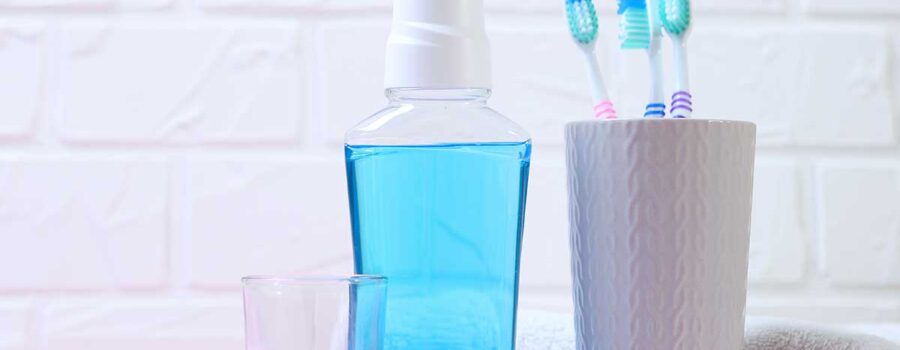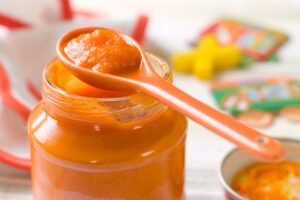In many of our homes, mouthwash is as much a part of our daily routine as brushing our teeth. It’s the quick fix we often rely on for a burst of freshness, especially on those busy mornings or right before bed. But while we enjoy that instant clean feeling, it’s important to ponder the long-term effects this daily habit might have on our family’s oral health. Could our go-to for fresh breath today be setting us up for dental challenges tomorrow? Let’s unpack the story of mouthwash and its impact beyond the minty freshness. It’s a staple in many households!
The Tiny Universe Inside Our Mouths
Imagine a bustling city, but this one is right in our mouths. Yes, our mouths are a vibrant ecosystem, teeming with a variety of microorganisms. This community, known as the oral microbiome, isn’t just a bystander in our oral health; it plays a starring role. These microbes help fight off harmful bacteria, aid in digestion starting from the mouth, and even protect our teeth and gums. However, when we introduce mouthwash into this complex environment, especially those containing harsh chemicals, we might be disrupting this fine balance. It’s like dropping a bomb in our microbial city – sure, it takes out the bad elements, but it also harms the good.
Mouthwash – A Double-Edged Sword?
So, what’s the deal with mouthwash? On the one hand, it promises a quick solution to bad breath and an added layer of cleanliness. On the surface, it seems like an ideal complement to brushing and flossing. But digging deeper, we find that many mouthwashes contain ingredients like alcohol and chlorhexidine, which can be pretty tough on our oral microbiome. These ingredients don’t just target the bad bacteria causing tooth decay and bad breath; they can also diminish the good bacteria that are essential for a healthy mouth. This overkill approach could lead to an imbalance, making our mouths more susceptible to the very problems we’re trying to prevent, like tooth decay and gum disease.
Natural Alternatives: Embracing Gentler Solutions
If the traditional mouthwash might be too aggressive, what can we use for that fresh, clean feeling without the downsides? Nature offers a treasure trove of gentle yet effective alternatives. For starters, a simple saltwater rinse can work wonders. It’s gentle, effective, and easy to make. Then there’s oil pulling, an ancient practice where swishing oils like coconut or sesame oil helps pull out toxins and improve oral health. Herbal rinses, made with ingredients like aloe vera, clove, or tea tree oil, can provide natural antibacterial benefits without the harshness of chemicals. These alternatives not only support a healthy oral microbiome but also align with a more holistic approach to our family’s health.
Balancing Freshness with Health
In wrapping up, it’s clear that the journey to fresh breath and a healthy mouth isn’t a one-size-fits-all. While mouthwash can be a handy tool in our oral hygiene arsenal, understanding its potential impacts and exploring natural alternatives is crucial. By balancing the immediate allure of mouthwash with mindful consideration of our long-term oral health, we can make choices that support not just fresh breath but a healthy, vibrant oral ecosystem. Here’s to nurturing those happy smiles in our family, naturally and thoughtfully!
References:
- Deo, Priya Nimish, and Revati Deshmukh. “Oral microbiome: Unveiling the fundamentals.” Journal of oral and maxillofacial pathology : JOMFP vol. 23,1 (2019): 122-128. doi:10.4103/jomfp.JOMFP_304_18
- Brookes, Zoë, et al. “Mouthwash Effects on the Oral Microbiome: Are They Good, Bad, or Balanced?” International Dental Journal, 2023, doi:10.1016/j.identj.2023.08.010.
- Pathak, Janak L., et al. “The Role of Oral Microbiome in Respiratory Health and Diseases.” Respiratory Medicine, vol. 185, 2021, p. 106475, doi:10.1016/j.rmed.2021.106475.
- Buzalaf, Marília Afonso Rabelo et al. “Saliva and dental erosion.” Journal of applied oral science : revista FOB vol. 20,5 (2012): 493-502. doi:10.1590/s1678-77572012000500001
- Ustrell-Borràs, M et al. “Alcohol-based mouthwash as a risk factor of oral cancer: A systematic review.” Medicina oral, patologia oral y cirugia bucal vol. 25,1 e1-e12. 1 Jan. 2020, doi:10.4317/medoral.23085
- Joshipura, Kaumudi et al. “Over-the-counter mouthwash use, nitric oxide and hypertension risk.” Blood pressure vol. 29,2 (2020): 103-112. doi:10.1080/08037051.2019.1680270
- Kamath, N P et al. “The effect of aloe vera and tea tree oil mouthwashes on the oral health of school children.” European archives of paediatric dentistry : official journal of the European Academy of Paediatric Dentistry vol. 21,1 (2020): 61-66. doi:10.1007/s40368-019-00445-5
- Haukioja, Anna. “Probiotics and oral health.” European journal of dentistry vol. 4,3 (2010): 348-55.
- Scardina, G A, and P Messina. “Good oral health and diet.” Journal of biomedicine & biotechnology vol. 2012 (2012): 720692. doi:10.1155/2012/720692








